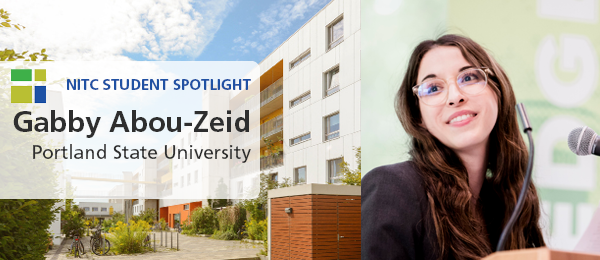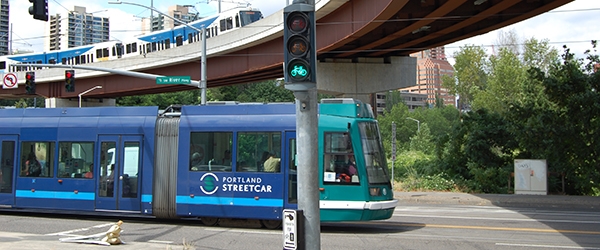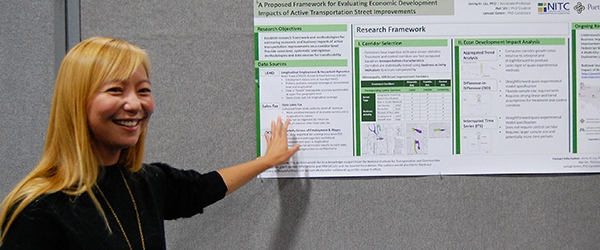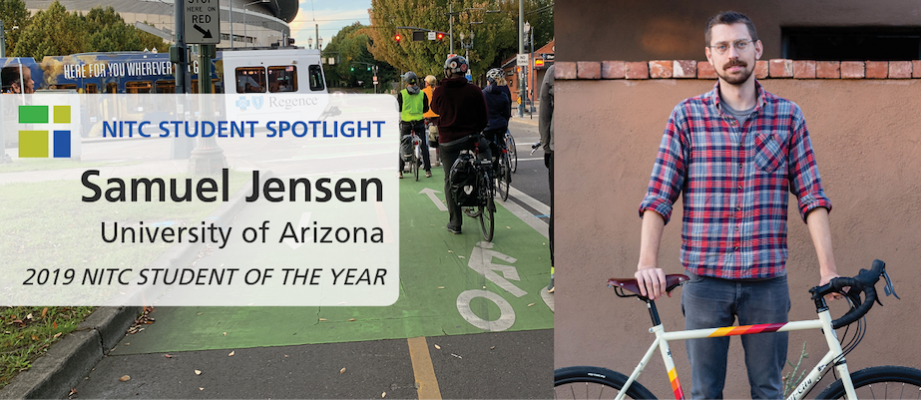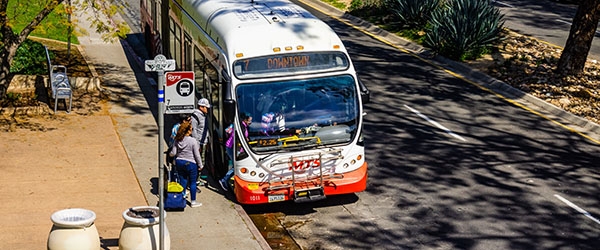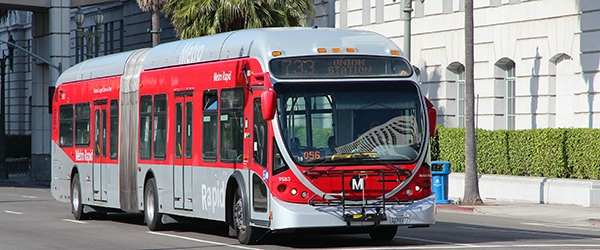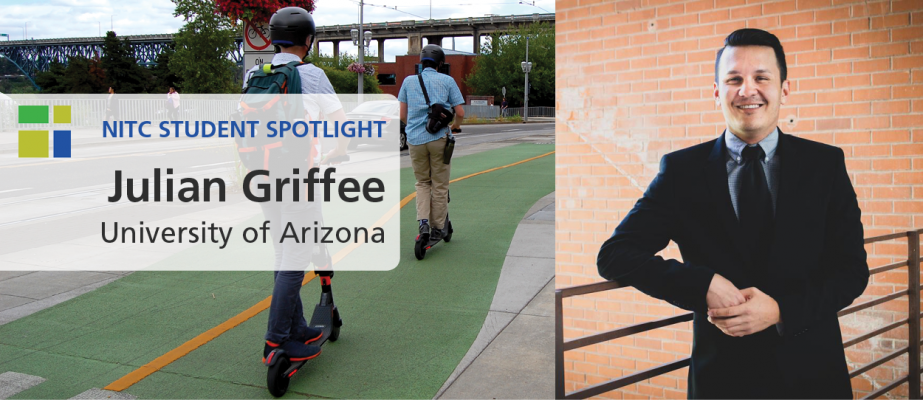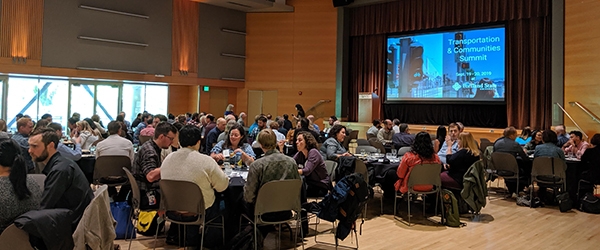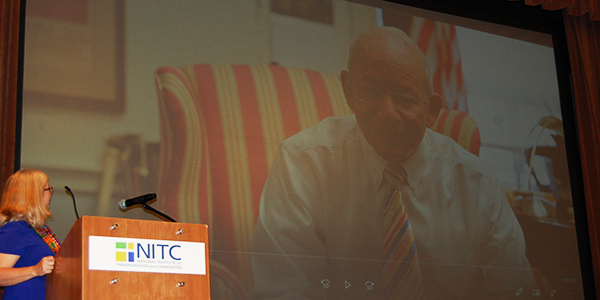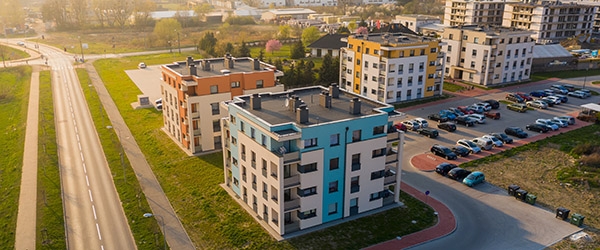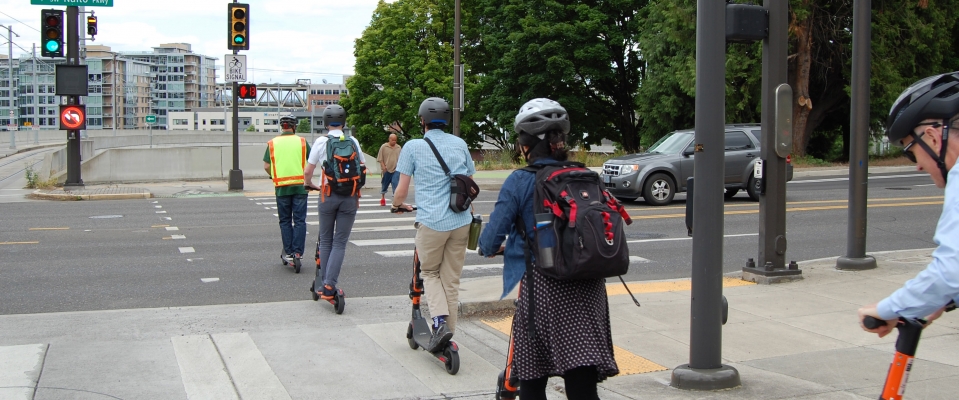Gabby Abou-Zeid is a first-year civil engineering graduate student, 2019 Eisenhower Fellow and recipient of the 2019 IBPI Rex Burkholder and Lydia Rich Scholarship. She is pursuing her M.S. at Portland State University and working with Dr. Kelly Clifton's SUPER (Sustainable Urban Planning & Engineering Research) Lab. She received her BS in sustainable built environments from the University of Arizona in 2019, and plans on pursuing a PhD in a transportation-related field after her master's program. Prior to coming to PSU, she conducted research with Dr. Clifton through the Transportation Undergraduate Reearch Fellow (TURF) program*. Gabby will present her work on the demand for freight at multifamily apartment buildings on February 14 in a Friday Transportation Seminar at Portland State.
...
Read more
